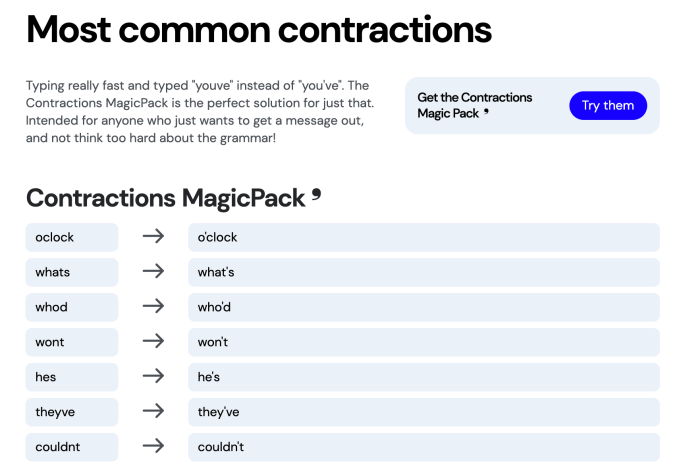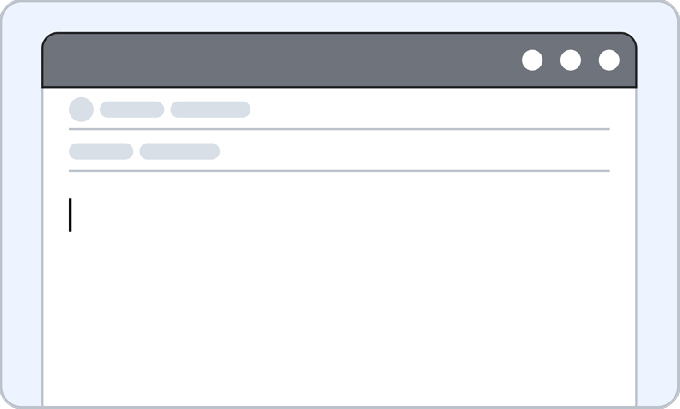It’s the belief of some analysts that the market for robotic process automation, which leverages AI to automate certain software tasks, is headed toward consolidation. A recent Forrester Research report predicts that the segment will start to flatten as soon as 2023 as companies shift to broader automation solutions. There’s evidence to support this. UiPath, one of the largest RPA vendors, saw its market cap drop from $35 billion to $15 million within the span of a year. And a number of smaller players including Signavio, Intellibot, and Servicetrace were snatched up by incumbent tech firms.
The headwinds might disincline most RPA entrepreneurs from forging ahead, but not Harpaul Sambhi. He’s the co-founder of Magical, an RPA startup that’s designed to move data across websites and web apps with a few keystrokes.
“Before Magical, I founded a company called Careerify, an HR tech startup that was acquired by LinkedIn in 2015. Like all founders, I wore many hats including sales, recruiting, and customer support,” Sambhi told TechCrunch in an email interview. “I found myself bombarded with repetitive tasks such as copy-and-pasting candidate or prospect information into spreadsheets and databases, writing the same outreach message over and over again. When I landed at LinkedIn, I noticed that my colleagues were also doing much of the same, whether in recruiting, customer support, or corporate development. This sparked the idea for Magical.”

With Magical, users can share templates and automation via “magic packs.”
Alongside co-founders Rosie Chopra, Zach Piepmeyer, and Prashant Viswanathan, Sambhi launched Magical in 2020. The company initially honed in on messaging, but eventually broadened its focus to transferring data across websites, databases, sheets, and forms.
While Sambhi positions Magical as an RPA platform, it’s more akin to a text expander. Typing in a custom abbreviation (e.g., “@name,” “@email”) prompts Magical to insert snippets of text (e.g., “Alex,” “alex@example.com”) such as words, emojis, phrases, paragraphs, blocks of code, or templates. The software — which only supports Chrome for now — detects and “remembers” elements on webpages, enabling the personalization of shortcuts, and auto-population in sheets and forms.
When asked about data retention, Sambhi said that Magical stores metadata but not any of the underlying data that the platform moves. Keystrokes don’t leave a user’s computer.
“Shortcut data is stored on our servers and is encrypted. We store shortcut and shortcut text on our servers in real-time and complete general backups daily (backups are retained for 14 days),” Sambhi said. “All communication with our servers is encrypted (via HTTPS). Our shortcut database is encrypted, and shortcut text has an additional layer of encryption to provide even better security and privacy.”
Text expanders are hardly new. But Magical’s cloud- and browser-centered approach has attracted the attention of investors like Coatue Management, which led the startup’s $35 million Series A funding round. Closed today, the round, which brings Magical’s total raised to $41 million (following a previously-undisclosed $6 million seed round), also saw participation from Greylock, Bain, Lightspeed Capital, SV Angels, and Blank Ventures.

Image Credits: Magical
Sambhi claims that over 300,000 users (Sambhi later clarified that it’s over 450,000) and more than 10,000 businesses use Magical, including teams within Disney, Facebook, Salesforce, and Uber. At the moment, Magical doesn’t charge for its services. But the goal is to introduce paid plans with premium features in the future.
“We view our main competitors as soul-crushing tasks that every knowledge worker finds themselves doing every day — like typing the same message over and over or copy-and-pasting data across tabs. We see so many knowledge workers still relying on these manual, outdated ways of working,” Sambhi said. “Leaders appreciate Magical because we bring new operational efficiencies to the teams they manage. [They] also love us because they can ensure information is consistent between the proliferation of different software-as-a-service tools being leveraged, and that teams are all working with the same information and are on the same page.”
Magical plans to put a portion of the money from the Series A toward expanding its platform beyond Chrome and growing its 18-person workforce to 35 by the end of the yeafr. Support for more desktop and mobile browsers are in the works.
“Our product will continue to get smarter and more useful over time as we better understand how people go about doing their jobs, and how they think about repetition, workflow, and the order of tasks. The more we know about what these tasks look like, the smarter we will get,” Sambhi said. “Our next product milestone will enable teams to collaborate and share their automations so that entire departments can maximize their time savings efficiencies.”















 English (US) ·
English (US) ·